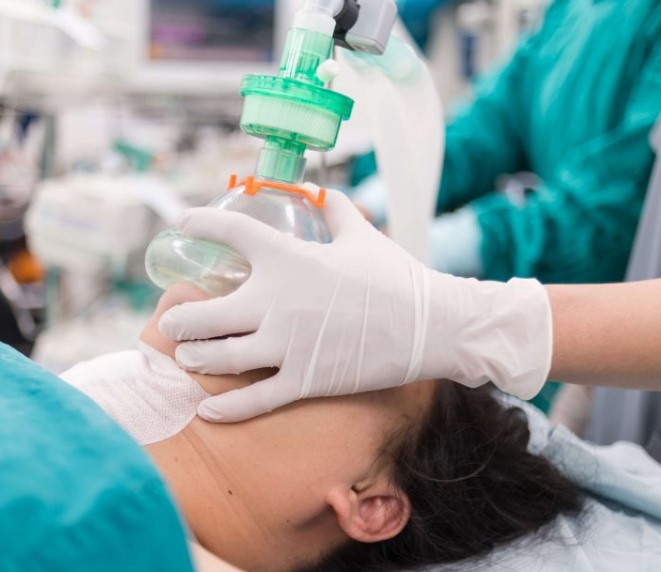Discovering the Path to a Respiratory Therapy Career
Respiratory therapy programs are a crucial step for anyone aiming to specialize in pulmonary care. These educational courses prepare students comprehensively to handle respiratory ailments, which are among the leading causes of illness worldwide. A program typically encompasses both theoretical studies and hands-on clinical experience, ensuring graduates are well-prepared to enter the healthcare field.
Essential Skills Learned in Training
During their education, students gain a deep understanding of human physiology, particularly the cardiopulmonary system. Websites such as the Respiratory Therapy Program offer a plethora of resources, including detailed program descriptions and career insights. Through modules on patient assessment and respiratory health management, they develop the ability to diagnose and treat patients suffering from a range of respiratory conditions, from asthma to critical care scenarios.
Real-Life Application: A Student’s Journey
Let’s take the example of John, a second-year student in a respiratory therapy program. John’s internship at a local hospital gave him firsthand experience with the pressures and rewards of the profession. He dealt with cases ranging from newborns with underdeveloped lungs to elderly patients battling chronic obstructive pulmonary disease. This practical experience is a cornerstone of the learning process, offering students like John invaluable insights into their future careers.
The Technological Edge
Advancements in medical technology have significantly transformed respiratory therapy. Modern programs train students to use sophisticated equipment, such as mechanical ventilators and high-frequency oscillators, which are vital in intensive care units. This aspect of training is critical, as technology continues to evolve and play a bigger role in patient care.
Connecting with Peers and Professionals
For those interested in further information or firsthand accounts from current students and seasoned professionals, engaging with online communities can be invaluable.
The Role of Certification
Upon completing a respiratory therapy program, graduates must pass a certification exam to practice professionally. This certification reassures patients and employers of the therapist’s capabilities and adherence to national standards.
The Impact of Continuous Education
The field of respiratory therapy demands continual learning and adaptation. Professionals must stay abreast of the latest medical guidelines and treatment techniques. Conferences, workshops, and online forums serve as excellent platforms for ongoing education and professional development.
A Day in the Life of a Respiratory Therapist
Imagine a typical day for Lisa, a respiratory therapist at a bustling city hospital. She starts her shift by reviewing patient files and setting up equipment for the day’s rounds. Each patient presents unique challenges, from adjusting ventilator settings to providing emergency response in a critical case. Lisa’s story highlights the dynamic and essential nature of the role.
Challenges Faced by Professionals
Despite the rewards, the role of a respiratory therapist can be highly challenging. They often work in high-pressure environments, particularly in situations involving life-threatening conditions. The emotional toll can be significant, yet the personal satisfaction of saving lives provides a strong motivational anchor.
Conclusion: The Vital Role of Respiratory Therapy
Respiratory therapists play an indispensable role in healthcare, particularly in scenarios where breathing is compromised. The training programs are rigorous, but they equip students with the skills needed to make a significant impact on patient health. As the world continues to face respiratory health challenges, the demand for skilled therapists shows no signs of waning.
Through careful study and dedication, respiratory therapy students like John and professionals like Lisa contribute to the well-being of countless individuals, showcasing the profound impact of this vital medical field.

